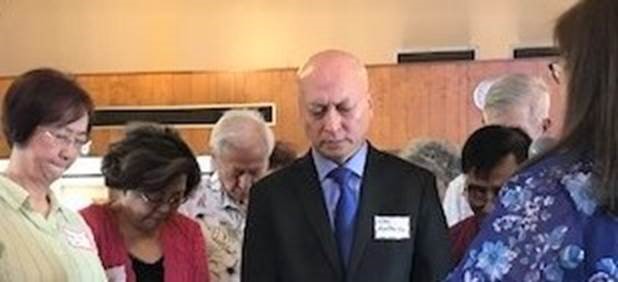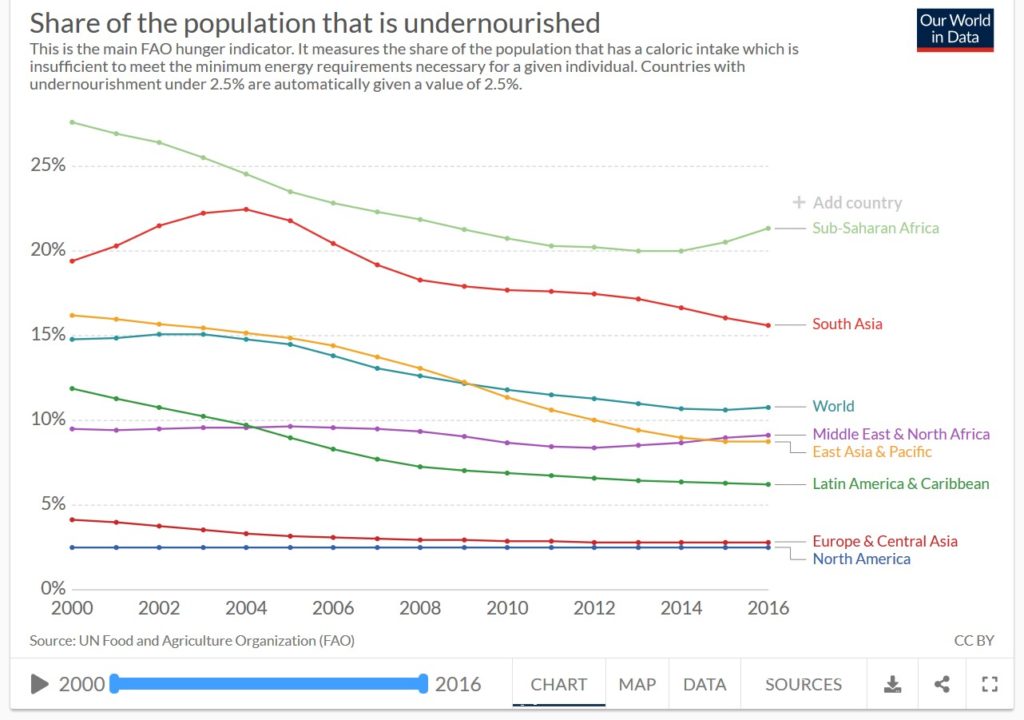Reflection: Sharing Your Wisdom
Reflection: Sharing Your Wisdom
The apostles and the elders met together to consider this matter. After there had been much debate, Peter stood up and said . . .
Acts 15:6-7a
I wanted to start by giving thanks to our staff and the leadership of Tapestry Youth Collective for their columns these past weeks. It’s exciting to hear in their own words the work of the church that our staff and leaders are doing in our midst! I give thanks for their partnership in ministry.
This weekend we held our September Presbytery meeting. I want to thank Rev. Margarita Reyes and the members and friends of Puente de Esperanza Presbyterian Church for their gracious hospitality as hosts of the meeting.
There were a few highlights of the meeting, including receiving Rev. Kok-Thai (KT) Lim as pastor of Grace Taiwanese Presbyterian Church in Temple City. What a joy for this faithful congregation, and for our presbytery’s Taiwanese churches, all of whom now have pastors!

We also acted on some decisions that affect us across the Presbytery:
- Administration and Finance gave some guidelines to consider if you are sharing your facilities with others. See the September 2019 Presbytery packet for information.
- The 2020 Presbytery minimum compensation for pastors was approved, reflecting a 3.3% cost of living adjustment:$57,685 (FTE) total effective salary
$2,735 professional reimbursable expenses
$1,020 continuing education.
- We approved Ming Hsu’s installation as pastor of Good Shepherd Taiwanese Presbyterian Church, Monterey Park, to be held Saturday, September 28, 2 pm.
- We approved KT Lim’s installation as pastor of Grace Taiwanese Presbyterian Church, Temple City, to be held Saturday, October 26, 3 pm.
- The 2020 Presbytery schedule was announced:Tuesday, January 14, 7 pm
Saturday, March 28, 9 am
Saturday, May 30, 9 am, with Rev. Cindy Kohlmann, GA Co-Moderator
Saturday, September 26, 9 am
Tuesday, November 17, 7 pm.
The annual Presbytery Day of Service will be scheduled in the summer.
- In preparation for a clean water installation in Lima, Peru, next year, Living Waters for the World will hold a fundraiser on Saturday, October 19, 4:30—7:30 pm in South Pasadena. Suggested minimum donation is $50/person and space is limited. RSVP to Wendy Gist at wendy@gmail.com.
- All middle- and high-school age youth are invited to the Tapestry Fall Retreat, November 9-11 at Big Bear Christian Conference Center. Young people from all of our churches are encouraged to attend. There will be leadership opportunities for older youth, and young people from neighboring presbyteries will join us. You can register HERE.
- Plans are already firming up for WinterFest 2020, February 8, 2020, 9 am—2:30 pm at Arcadia Community Church. Mark your calendars now!
- General Assembly 2020 will be in Baltimore, June 20-27, and we will elect commissioners and a young adult advisory delegate at the November 17th Presbytery meeting. See the nomination form elsewhere in this newsletter.
As you can see, we have some great ministries happening in our Presbytery, and I encourage you to participate in all of them. This Thursday there is a seminar on stewardship in your churches, 10 am—2 pm at Westminster Gardens in Duarte. Come and learn from Maggie Harmon of the Presbyterian Foundation.
During this meeting, I gave a brief report on our presbytery, which I might summarize in a coming column. I mentioned that in 2015 we did a self-study and made some commitments as a Presbytery which has guided our work and shaped our leadership and staff structures, and it is time to review that. As a first step, the Presbytery discussed and responded to questions related to priorities for 2020. The commissioners’ responses gave some indication of your wisdom for the work of the Presbytery. I love being able to pose questions to the Presbytery, because the energy as you share your perspective with others is always high and positive!
The first question related to how the Presbytery leadership should focus their energy, and the responses were:
33.3% Revitalizing our current churches
23.8% Leadership Development
21.4% Nurturing relationships between churches
11.9% Supporting our current churches as they are
7.1% Starting new worshiping communities 2.4% Other (asking for a baseline or proposed distribution).
The second question related to the focus for a possible new staff person to replace the Associate for Ministry Development. When asked how a staff resource could best serve their church, the priorities were even more clear:
35.1% Consult on church revitalization
16.2% Train leaders
16.2% Consult on mission
13.5% Highlight available resources from the church
13.5% Support the pastors across the presbytery
2.7% Save the money; don’t rehire (inspire COM)
2.7% Other (asking for a draft job description or outline of the work of the former staff).
A couple responders suggested that some of these priorities can go together, which is definitely true. But it’s helpful that there seems to be a clear desire to help our congregations revitalize, which often requires leadership development and a stronger focus on mission. While this is not a vote (nor was it “scientific,” as quite a few people marked more than one priority), it is helpful to hear the wisdom of our collected leadership.
Indeed, we Presbyterians are known for our commitment to corporate discernment. The Council at Jerusalem in Acts 15 gives us the model for group decision-making that marks Presbyterian governance, even to the point of irritation for many. So it’s good to remember the biblical basis for the elements of decision-making, including dissension and “much debate,” consultation with leaders, meetings and welcome, Spirit-led assertions, silence, listening to various perspectives, gauging service to the Gospel, compliance with Scripture, and communication of decisions.
While we did not have much debate, we carried on most of these ancient traditions at our Presbytery meeting on Saturday. We also demonstrated love for one another and generosity, as we ate together, prayed together, heard testimony from one of our own whom the Presbytery supported for her DACA renewal, welcomed new friends coming from other presbyteries, and we gave generously to this meeting’s offering: $1,500 to International Theological Seminary.
We have much to be thankful for as members of San Gabriel Presbytery. May we continue to discern together the will of God as we do Christ’s work in this valley.
Blessings,
Wendy

